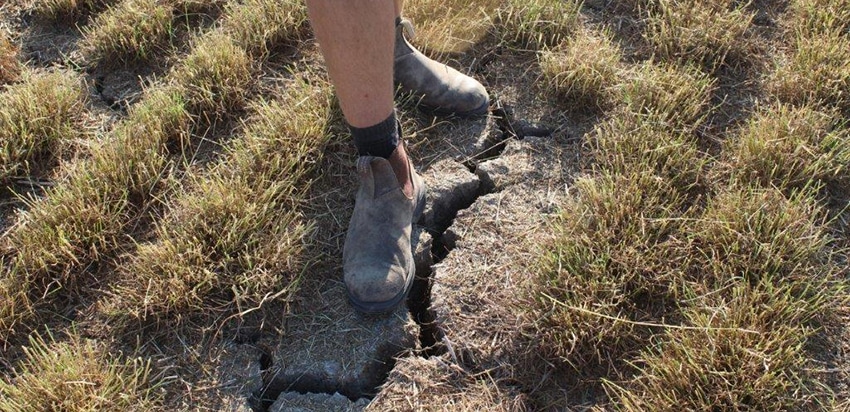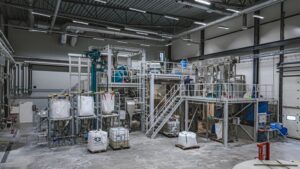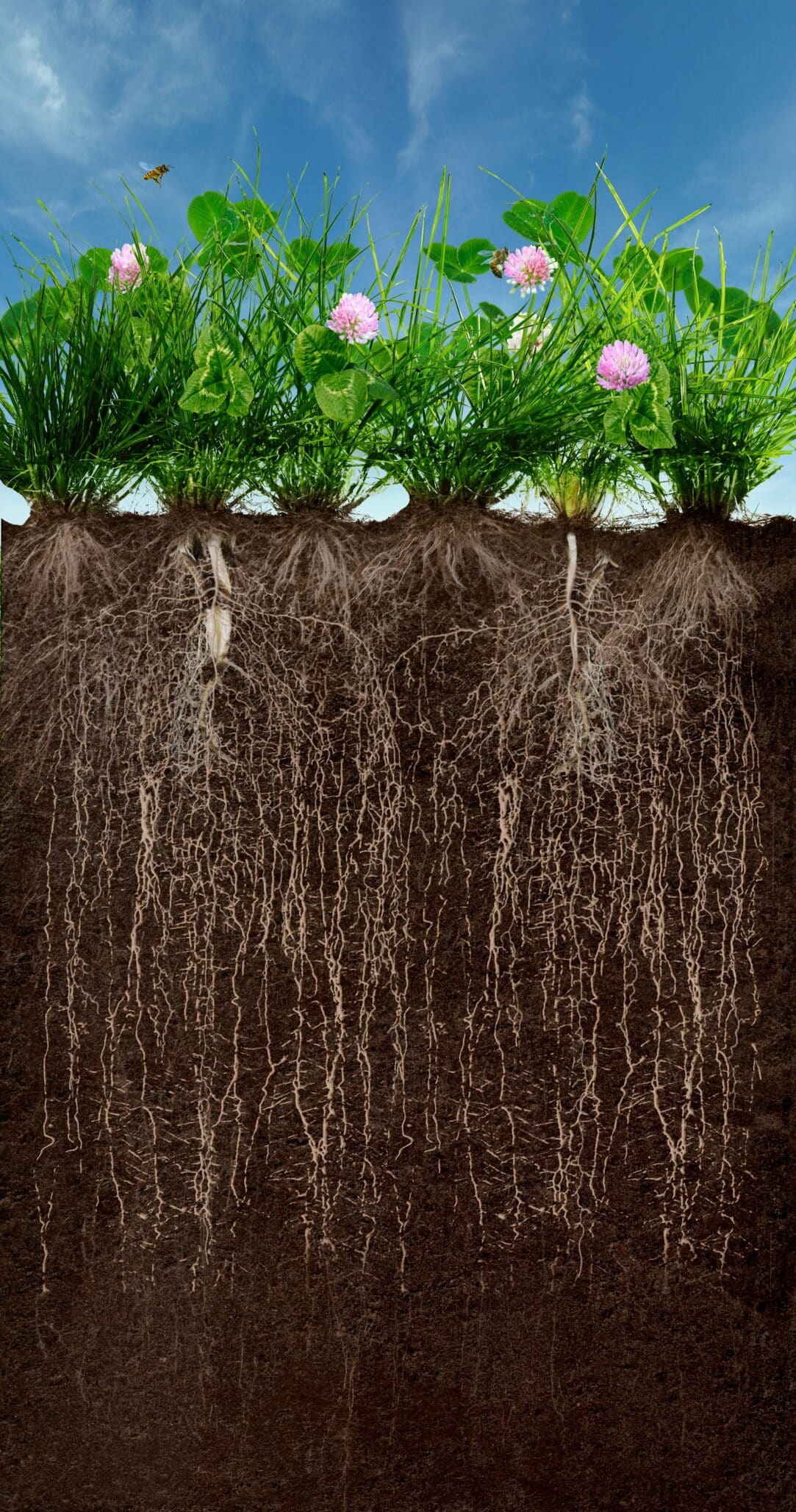Drought 2018 was very severe – will tomorrow’s varieties meet the challenges?
Drought and heat had devastating impacts on forage crops – and economy. Will we see more of such extreme weather conditions, and how do we secure our production in the future? One thing is certain; farmers and organic farmers in particular will not easily forget 2018.
Parts of Europe, South America and Australia were hit hard by drought in 2018. In 2017, there were also periods of serious drought around the world. Climate researchers are currently assessing whether these meteorological phenomena reflect a new serious tendency. Whatever the case, for many years, we have actively prepared our plant breeding to accommodate meteorological phenomena becoming increasingly extreme
Breeders and researchers are quite concerned about how they can strengthen and prepare species and varieties for present and future climatic challenges. If any, they need to take future scenarios into account when developing new varieties.
Root screening facility with drought gradient
Three years ago DLF together with three other breeding companies, Nordic Seed, Sejet Plant Breeding, Danespo and three Danish universities; Copenhagen-, Aarhus-, and Aalborg Universities built a facility, where plants can be selected for deep rooting.
Crops need deep roots to continue growth if spring is struck by drought as was the case in 2017 and 2018. In this situation, seedlings have only shallow roots will be set back dramatically as the topsoil dries out. Plants with deep roots on the contrary, will have access to soil layers saturated with water and will be able to maintain growth. In the facility, which is called RadiMax, plants are subject to a very intense drought gradient and at the same time their root growth is monitored by multispectral imaging through more than 3.5 km Plexiglas tubes installed under each plant row.
Outlook for improvements in root growth
So far, DLF has tested 50 forage- and 50 turf varieties and more than 250 perennial ryegrass breeding lines in RadiMax. These tests have shown great genetic differences, which enables us to start developing varieties with deeper roots. In order to expand the usage of RadiMax, the measurements are used in genomic selection, which allows breeders to predict the root potential of any new ryegrass line based on a simple DNA test. Of outmost importance researchers discovered that turf grass root profiles are almost similar to that of forage grasses, despite the fact that turf grasses are much more compact and was cut at 6 cm height throughout the experiment. This means that below ground genetics has a major say when it comes to root traits and it stimulates the encouraging belief that it will be possible to create genetic improvements in root growth and drought tolerance.








